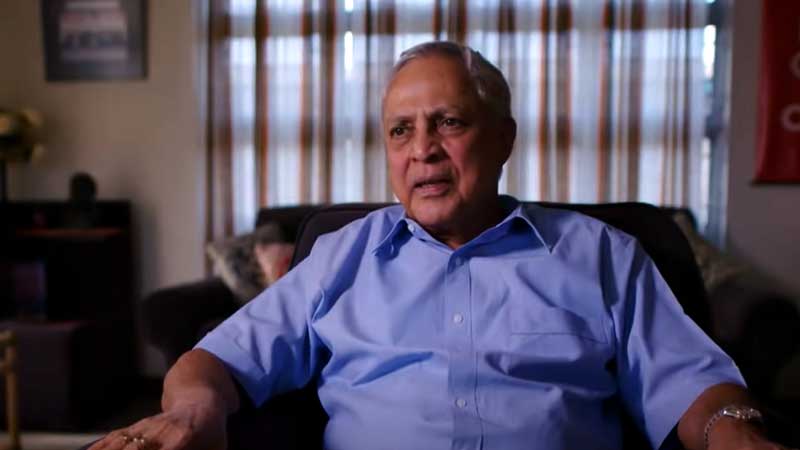
Fiji Labour Party Leader, Mahendra Chaudhry says it will be some years before the Fijian economy shows any real signs of growth.
While reacting to a statement by the Acting Prime Minister and Minister for Economy, Aiyaz Sayed-Khaiyum forecasting a 11.3% growth in the economy this year, Chaudhry says one must not confuse recovery with growth.
Chaudhry says Fiji had several years of negative growth, beginning with a recession in mid-2018, the economy became very sluggish thereafter and government revenue fell sharply.
The former Prime Minister and Minister for Finance says consequently, Sayed-Khaiyum was forced to slash his 2019/2020 Budget by a massive 33% or $1.1 billion, drastically cutting back on expenditure in the social sector such as Education, Health and Social Services.
Chaudhry says the COVID-19 pandemic led to the collapse of the tourism industry and independent sources put the contraction in the economy in 2020 close to 25%, if not higher.
He says 2021 was even worse and he does not believe figures that the economy contracted by only 4% that year.
Chaudhry adds all this means that the Fijian economy has a lot of lost ground to recover and we are not likely to experience any real growth for the next 3-4 years.
He further says if there is real growth, it should reflect in improved standards of living of our people and growth in employment which is not happening.
Acting Prime Minister Aiyaz Sayed-Khaiyum had earlier said that the Macroeconomic Committee recently released the revised economic growth numbers with a double-digit growth projected for this year which may be the highest ever growth experienced in Fiji's history.
Sayed-Khaiyum says an 11.3% growth is projected for this year, 8.5% growth in 2023 and 7.7% growth in 2024.
He says we suffered a serious pandemic-driven blow in 2020 with the largest economic contraction ever of 15.2%.
Economic contraction in 2019 was -0.4% and contraction in 2021 was 4.1%.
Sayed-Khaiyum says this turnaround was only possible due to their concerted effort to secure vaccines early, effectively rollout those vaccines, and reopen our borders and the economy.
He says at end of 2021, foreign reserves stood at $3.2 billion equivalent to 9.9 months of import cover.
Sayed-Khaiyum says this is the first major crisis during which we have not had a balance of payments or foreign exchange problem or a devaluation.
The Acting Prime Minister says this is despite the closure of our largest foreign exchange earner, tourism, which brings in about $2 billion annually.
Sayed-Khaiyum says that's why Government also borrowed from external sources like ADB, World Bank, AIIB, JICA and sourced budget support grants from Australia and New Zealand.
He says had the Government not borrowed externally there would have been a very high risk of a devaluation.
The Acting Prime Minister also says Government’s Debt to GDP ratio rose from 53.3% in 2006 to 56.2% in 2010.
He says following this, the Debt to GDP ratio was on a steady downward path declining to 43.5% in 2016 to 2017.
Sayed-Khaiyum says then we had TC Winston and many other natural disasters that required additional borrowing with the Debt to GDP ratio rising to 48.4 % in 2018 to 2019.
He says fast forward to the COVID-19 pandemic, tax revenue fell by 50% on average every month which resulted in a 12-month loss of over $1.4 billion.
The Acting Prime Minister says the economy experienced the largest ever contraction of 15.2% in 2020, a loss of GDP equivalent to almost $2 billion.
He says Government had to increase its borrowings to sustain public expenditure and provide over $500 million in unemployment support and other relief measures.
Sayed-Khaiyum says this led to an increase in the level of debt. For 2020 to 2021, the Debt to GDP ratio would have been 14.4 % lower if we assume nominal GDP remained at 2018/2019 levels (pre-COVID).
He says, therefore, once the economy recovers to pre-COVID levels, Debt to GDP levels will fall. We have sent further questions to Sayed-Khaiyum regarding the comments made by Prasad and are awaiting his response.
Stay tuned for the latest news on our radio stations


